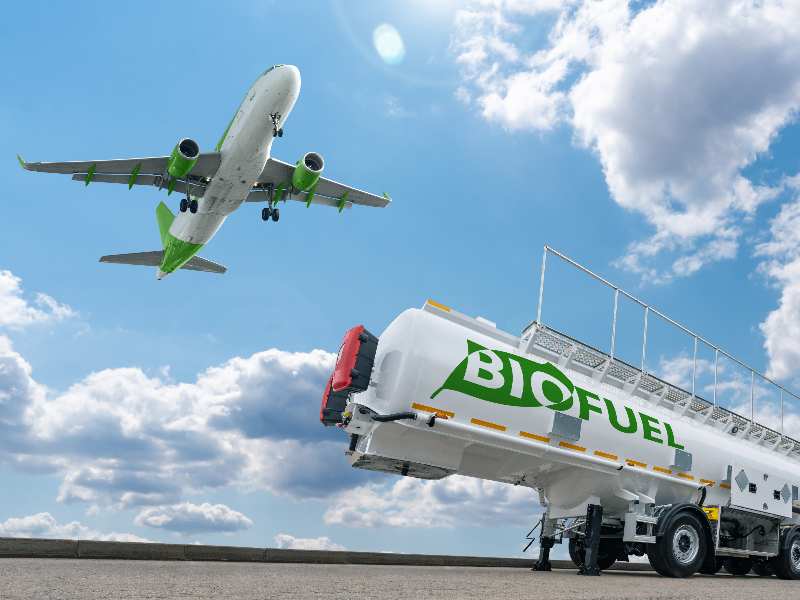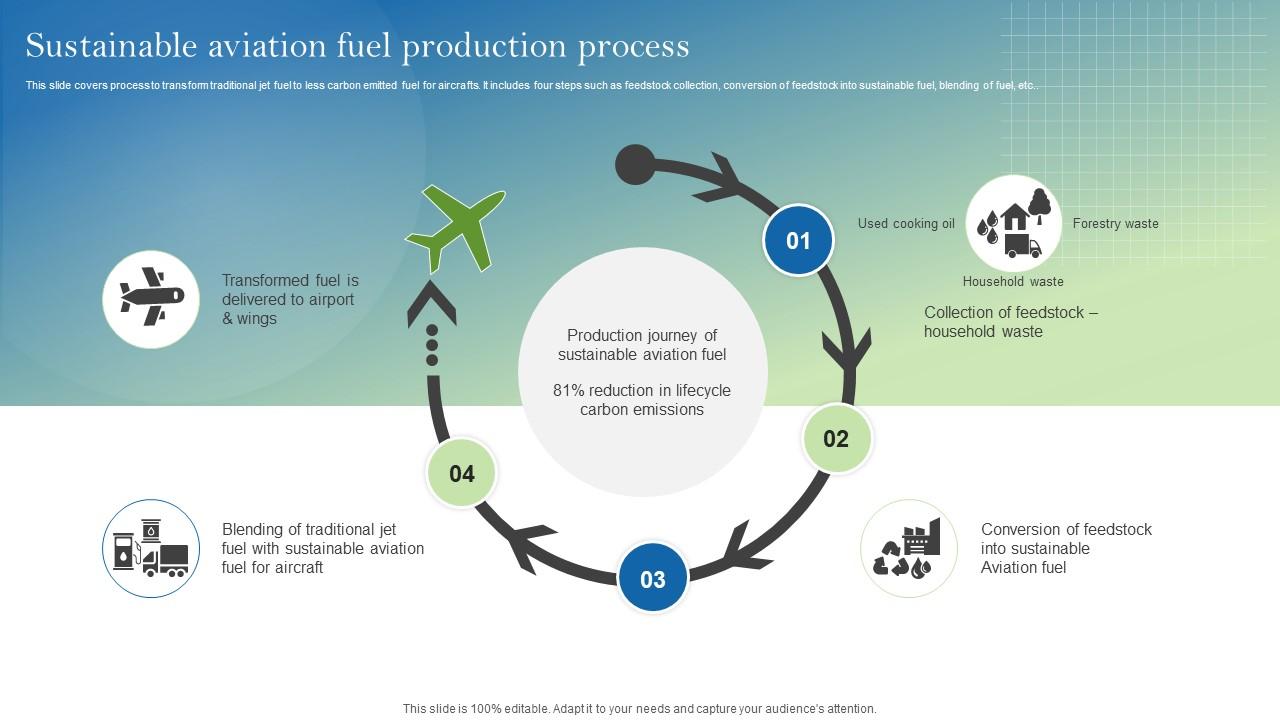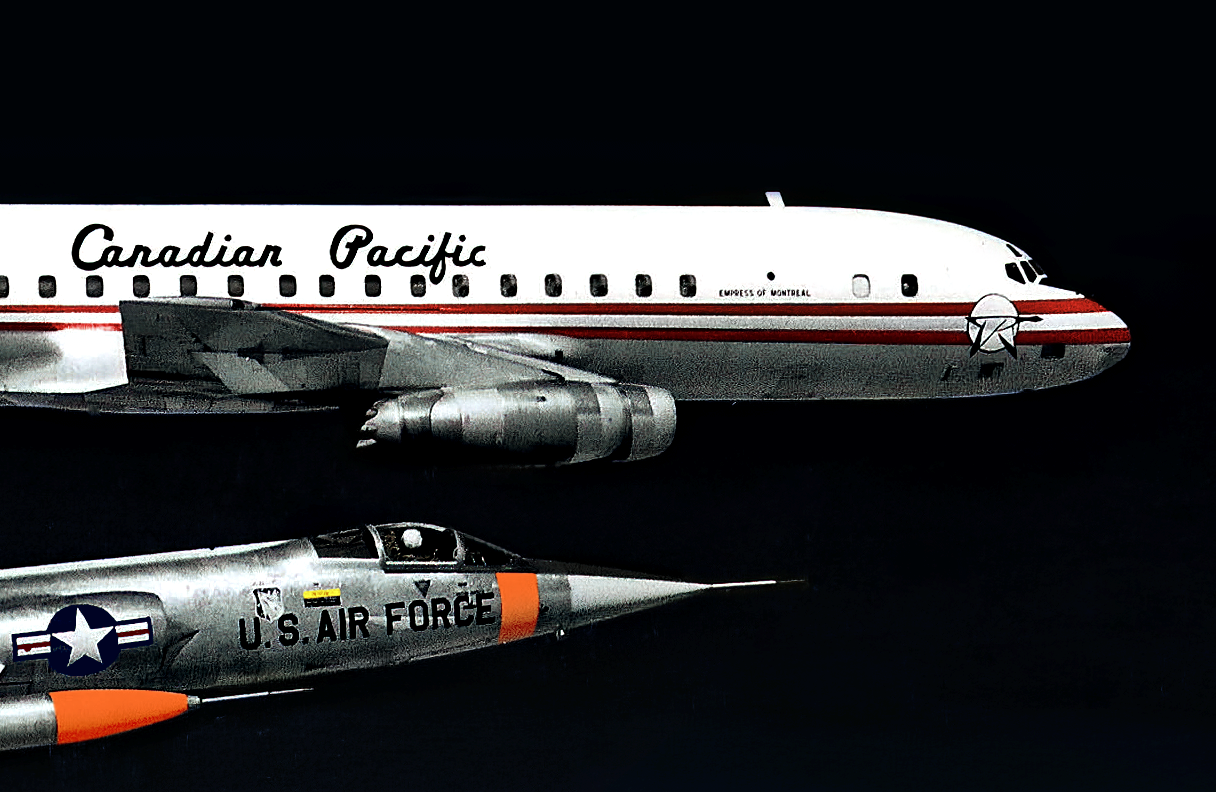Explaining Sustainable Aviation Fuel (SAF)
20 February, 2024
3 min read
Sharon Petersen
By joining our newsletter, you agree to our Privacy Policy


In the global pursuit of sustainability, the aviation industry is taking significant strides to reduce its environmental footprint. At the forefront of these efforts is the development and adoption of sustainable aviation fuel (SAF), a promising alternative to traditional fossil fuels that holds the key to greener skies.
So, what exactly is sustainable aviation fuel?
Sustainable aviation fuel, often abbreviated as SAF, is a renewable energy source derived from sustainable feedstocks such as used cooking oil, agricultural residues, municipal waste, and even certain types of algae. Unlike conventional jet fuel, which is derived from finite fossil fuel reserves, SAF offers a renewable and low-carbon alternative that can significantly reduce greenhouse gas emissions from aviation.
One of the most appealing aspects of sustainable aviation fuel is its compatibility with existing aircraft and infrastructure. SAF can be blended with conventional jet fuel and used in existing aircraft engines without requiring any modifications or additional equipment. This means that airlines can seamlessly integrate SAF into their operations, enabling them to reduce their carbon footprint without compromising safety or performance.

But how does sustainable aviation fuel contribute to sustainability?
The environmental benefits of sustainable aviation fuel are significant. When compared to conventional jet fuel, SAF has the potential to reduce lifecycle greenhouse gas emissions by up to 80% or more, depending on the feedstock and production process used. By harnessing renewable feedstocks and adopting advanced manufacturing techniques, SAF offers a pathway to decarbonizing aviation and mitigating the industry's impact on climate change.
Moreover, sustainable aviation fuel offers a multifaceted approach to sustainability. In addition to reducing carbon emissions, SAF production can also promote economic growth, create jobs, and stimulate investment in rural communities where feedstocks are sourced. By leveraging local resources and fostering innovation, the development of sustainable aviation fuel has the potential to drive positive change across the aviation supply chain.
READ: FIRST LONDON-NEW YORK FLIGHT WITH SUSTAINABLE AVIATION FUEL
Despite its immense potential, the widespread adoption of sustainable aviation fuel faces several challenges. One of the primary barriers is the limited availability and high cost of SAF compared to conventional jet fuel. As production capacity increases and economies of scale are realized, the cost of sustainable aviation fuel is expected to decrease, making it more accessible to airlines and passengers alike.
Another challenge is the need for supportive policies and regulatory frameworks to incentivize investment in sustainable aviation fuel production and deployment. Governments, industry stakeholders, and international organizations play a crucial role in facilitating collaboration, funding research and development, and implementing policies that promote the adoption of sustainable aviation fuel on a global scale.
As we look to the future, the transition to sustainable aviation fuel represents a transformative opportunity for the aviation industry to redefine its role in a rapidly changing world. By embracing innovation, collaboration, and sustainability, airlines, manufacturers, and stakeholders can work together to create a more resilient and environmentally responsible aviation sector.
In conclusion, sustainable aviation fuel holds immense promise as a catalyst for greener skies and a more sustainable future. With continued investment, innovation, and commitment, the aviation industry can chart a course towards a cleaner, more sustainable future, where air travel remains a vital driver of global connectivity and prosperity.
Get the latest news and updates straight to your inbox
No spam, no hassle, no fuss, just airline news direct to you.
By joining our newsletter, you agree to our Privacy Policy
Find us on social media
Comments
No comments yet, be the first to write one.

